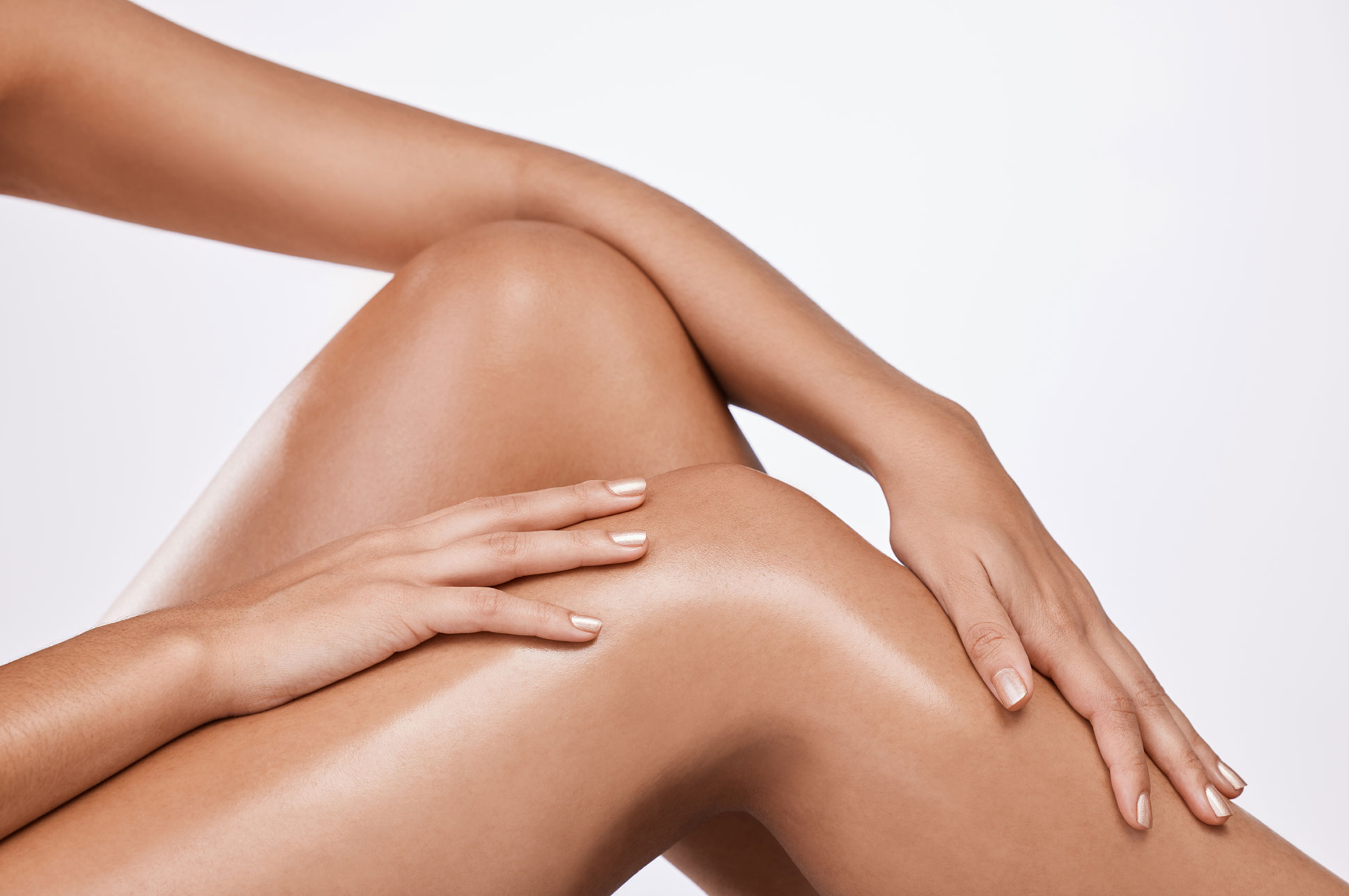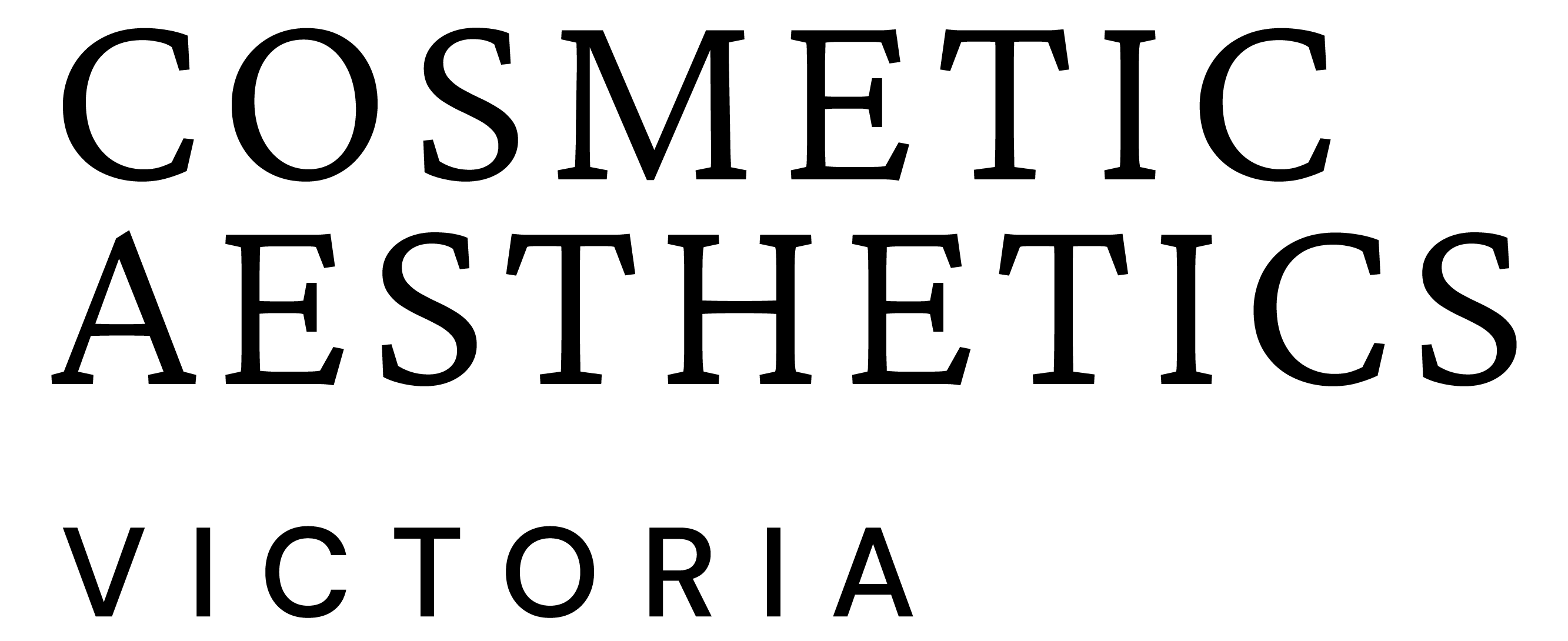Venus Versa hair removal is a non-invasive procedure that removes unwanted and excess hair from areas of the body with an intensely powered light. That concentrates light into the hair follicle to inhibit the hair’s ability to grow, without disrupting or damaging the skin’s surface.
Designed for sensitive skins, Venus Versa can be used to target unwanted hair on various body parts and different skin types.
What Is Laser Hair Removal?
Laser hair removal is a medical-grade treatment that uses a concentrated beam of light (laser) to target and destroy the individual hair follicles at their root. This works through a process called selective photothermolysis — the laser light is absorbed by the dark pigment (melanin) in the hair shaft, converting it to heat, which damages the bulge cells and hair follicle stem cells responsible for future growth.
It’s one of the most effective permanent hair removal methods on the market, especially for darker hair on light skin. While not instant, laser offers permanent hair reduction over time — meaning much less regrowth, finer texture, and in many cases, smooth skin for months or even years.

Request a consultation
To receive a free private consultation, simply fill out the online enquiry form. Let us know what procedure(s) you are considering and we will get back to you with a time and day to suit.
Benefits
Here’s why clients of all genders and ages turn to laser as their go-to hair removal method:
- Permanent reduction in unwanted hair
- No more shaving rash, skin irritation, or ingrown hairs
- Fast and precise — especially for unwanted facial hair
- Reduces excess hair growth linked to hormonal imbalances
- Ideal for large areas of body hair
- Safe for sensitive skin with the right laser technology
- Environmentally friendlier than ongoing shaving or waxing
- Helps manage social interactions for those with visible excessive hair growth
Thanks to advances in laser technology, treatments are more comfortable, safe for more skin colours, and faster than ever — especially with clinical-grade technology and trained staff.
Treatment Areas
With the right type of laser, almost every area of the body can be treated — even those with stubborn hairs or fine brunette hair.
Popular treatment zones include:
- Underarms
- Bikini and pubic hair
- Legs and arms
- Chest, back, and stomach
- Upper lip, chin, and jawline
- Fingers, toes, and between brows
- Beard sculpting and neckline for men
Laser Hair Removal for Men
Male clients are one of the fastest-growing groups seeking laser treatments — for both aesthetic and practical reasons.
Common treatment areas for men include:
- Neck (to prevent shaving irritation)
- Shoulders and back
- Chest and stomach
- Beard line and cheeks
- Ears and nose
- Male Brazilian (yes, it’s a thing)
We customise every treatment plan to suit skin tone, hair type, and personal goals.
Will This Treatment Work for Me?
Laser hair removal works best when there’s high contrast between hair colour and skin tone — traditionally, dark hair on fair skin has been the ideal combo. But with a variety of lasers now available (e.g. ND:YAG, Q-switched, diode), we can safely treat darker skin types, fairer skin, and ethnic skin when the correct wavelength of light and energy settings are used.
Ideal candidates have:
- Darker hair with sufficient melanin
- No recent sun exposure or tanning beds
- Skin free of infections or irritation
- Willingness to commit to a full hair removal program
Results vary based on hair growth cycle, blood supply, hormones, and treatment consistency — which is why a personalised treatment plan is key.
Contraindications
Laser isn’t a one-size-fits-all solution, and some people should approach it with caution.
Avoid lasers if you have:
- Metal or other implants in the treatment area
- Current or history of cancer
- Pregnant or nursing
- Any diseases that can be stimulated by light (e.g. epilepsy)
- History of disease that can be stimulated by heat (e.g. herpes)
- Poorly controlled endocrine disorders (e.g. diabetes or polycystic ovary syndrome)
- Any active condition in the treatment area (e.g. eczema, psoriasis, rash)
- History of skin disorders, keloids, unusual wound healing, or excessively dry and/or sensitive skin
- Any surgical procedures within the past 3 months
- A tattoo or permanent makeup in the treatment area
- Excessively tanned skin
In some cases, Alkaline hair removal treatments, eflornithine cream, or other alternative methods may be better suited.
Why Is a Consultation Required?
An initial consultation isn’t just helpful — it’s essential. Here’s why:
- We assess skin type, hair colour, and medical history
- Check for contraindications (e.g. irregular periods, cold sores, hormonal imbalances)
- Discuss artificial tanning products, bronzing powders, or recent direct sun exposure
- Perform a patch test to ensure your skin reacts safely
- Build a plan using the right laser devices, light sources, and laser settings
This is also when we offer a complimentary skin consultation and go through all laser safety training requirements — which are compulsory in Australia and enforced by the government regulator.
Preparation
Make sure your skin is clean. Do not apply any lotions, creams or makeup (if you’re getting a treatment on your face) before your session, and stop using any products that might irritate your skin 2–3 days before. Remove all jewellery around the area being treated.
Your Hair Removal Consultation will also include preparation tips for your first session:
- Shave the area 12–24 hours beforehand (don’t wax or pluck)
- Avoid indoor tanning equipment and sun exposure for 2 weeks
- Skip active skincare ingredients (like AHAs or retinol)
- Don’t use bronzing powders or deodorants before your session
- Let us know if you’ve had any incidental sun exposure
For sensitive areas, we may apply numbing cream before the treatment.
Procedure
You’ll lie comfortably in a private treatment room while we apply the laser to your
target hair follicles using safe, calibrated laser hair removal devices.
What it feels like:
- A rubber band or elastic band snap sensation
- Slight warmth or prickling
- Cooling devices or anesthetic cream may be used for comfort
Protective eyewear is provided, and we use precise laser energy pulses to treat each area.
Most sessions are over quickly — thanks to modern lasers with “flash without skin contact” technology.
What does the treatment feel like?
You’ll feel some heat in the area, but this will only last a short while, thanks to the
real-time cooling system that kicks in right away to help minimise discomfort.
For laser hair removal, it depends on which mode of operation your treatment provider is using:
- If your technician is using PULSE mode, it will feel like a light snap of an
elastic band against your skin. - If they’re using SLIDE mode, it will feel like a series of light snaps as they
glide the applicator continuously across the treatment area. - For IPL hair removal, it feels like the light snap with an elastic band against
your skin as the applicator moves around the treatment area.
How Long Does Each Session Take?
Treatment time varies depending on the size of the area:
- Upper lip: 5 minutes
- Underarms: 10 minutes
- Bikini/Brazilian: 15–20 minutes
- Half legs: 20–30 minutes
- Full body: ~90 minutes
That’s faster than a wax — and with results that actually last.
Aftercare
You may feel like you have a slight sunburn around the treatment area, but this should go away after 1–2 days at the very most. You can use a cool compress to soothe the area if needed. You may also see some hairs fall out more easily in the days following your treatment — this is perfectly normal.
Some patients may also experience what appears to be a rash accompanied by some mild itching. This is also normal — it’s just the skin’s response to the energy.
Your skin may look dry and feel a little itchy because the operator has to dry-shave the area before starting the treatment. Moisturising can help relieve the itch. Other than that, you shouldn’t really feel any different after your treatment.
Avoid:
- Hot showers, saunas, or sweating for 2 days
- Direct sun exposure or broad-spectrum intense pulsed light sources
- Exfoliants or harsh active ingredients
- Makeup or deodorant on treated areas
Use a simple Skin Kit with aloe vera and SPF. Consistency with aftercare ensures you avoid skin pigmentation issues, especially with darker skin or individual skin tones.
Treatment Cycle and Session Count
Because of the hair growth cycle, laser only works on hairs in the anagen (active) phase. That’s why one session won’t cut it.
Most clients require:
- 6–12 treatments for optimal results
- Spaced 4–6 weeks apart
- Ongoing laser treatment or maintenance sessions every 6–12 months
Areas affected by hormones (face, pubic region) often need more sessions to manage future growth or secondary hair growth.
Risks and Side Effects
When performed correctly, laser-assisted hair removal is incredibly safe. But risks include:
- Temporary redness or skin surface irritation
- Mild swelling of individual hair follicles
- Hyperpigmentation or hypopigmentation (usually due to sun exposure)
- Minor blistering (rare)
- Lack of results on fair hair or coloured hair with minimal melanin
This is why the choice of laser, correct laser settings, and compulsory laser safety training matter.
Cost
Laser Hair Removal Pricing (per session)
| Area | Price (per session) |
|---|---|
| Upper Lip | $30–$60 |
| Underarms | $50–$90 |
| Bikini | $70–$130 |
| Full Legs | $180–$350 |
| Full Body | $350–$600 |

